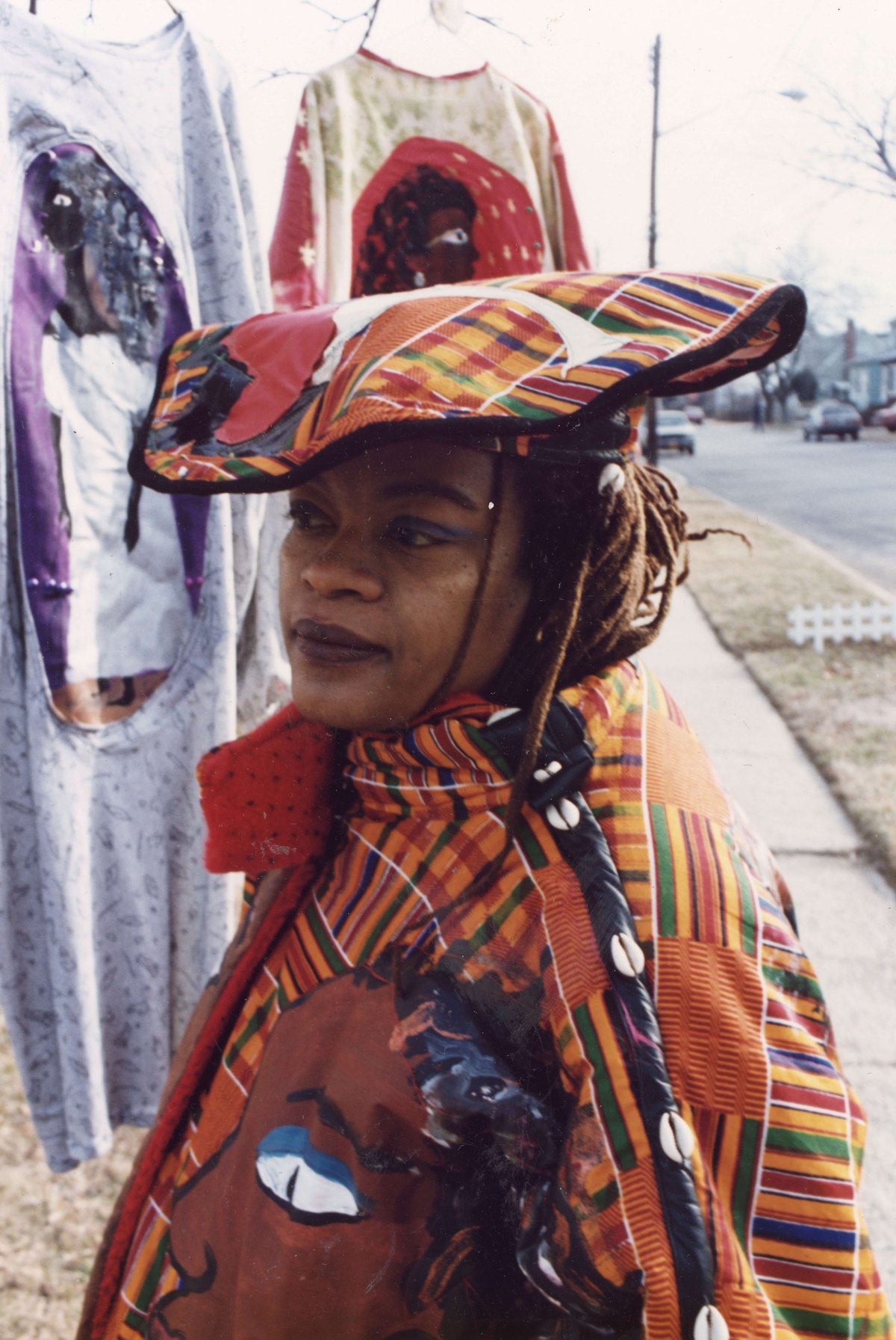Memories of our Pop-Up Memory Lab
Marie Williams Chant, Allison Elliott Sep 6, 2023 7 Minute Read
Due to the generous support of New York City Councilmember Keith Powers, The Feminist Institute held our first pop-up memory lab at Pen + Brush earlier this summer. Through this event, we were able to galvanize our community and rally around the critical act of preserving feminist documentation, from slides to websites to audiovisual media.
A History of Memory Labs
The incredible work of the original Memory Lab project at the DC Public Library served as a direct inspiration for our pop-up event. The DC Public Library established its Memory Lab in 2015 through a National Digital Stewardship Residency. The original project provided a DIY digitization lab, personal digital archiving classes, and a website with workflows and instructions.
After the success of the initial memory lab, DC Public Library received a National Leadership Grant funded by the Institute of Museum and Library Services to establish the Memory Lab Network, a program that set-up public library partners throughout the country with the tools they needed to set-up digitization stations to help tackle personal digital archiving problems in their communities.
The ethos of the original Memory Lab directly relates to our mission of preserving and providing digital access to feminist documentation. There are many feminist stories aching to be told, but without proper support, they may be lost to time.
Building the TFI Pop-Up Memory Lab
After listening to members of our community and after hearing feedback from many of our partners, we learned that digitization support was a key need. Many people shared that they possessed vast collections of materials in deteriorating formats and didn’t know how to approach the preservation process.
To develop our initial pop-up workstation, we used the incredible materials developed by the Memory Lab Network and documentation for minimum viable workstations developed by Ashley Blewer, an AV archivist/developer. We purchased equipment for the formats we felt were the most needed, including VHS tapes, audiocassettes, miniDV tapes, Hi8 tapes, slides, negatives, and photographs. We had to adapt some workflows from this documentation as some of the recommended technology had since become obsolete and was incompatible with the memory lab computer.
Though feminist culture is fueled by DIY actions, we made the choice to staff the appointments and provide consultations on digitization and legacy building. Allison Elliott, our Manager of Archives and Programs, staffed the consultation appointments, working with all participants in considering the trajectory of their personal archive. Each appointment was 60 minutes long, and participants had the option to leave materials behind for digitization.
In addition to the digitization appointments, the inimitable Monika Fabijanska, in collaboration with Helena Shaskevich, curated an accompanying exhibition, Who’s afraid of feminist archives? The exhibition presented the importance of preserving feminist archives, and featured art and ephemera of including Betsy Damon, Dindga McCannon, Joan Logue, and Pat Lehman. Their archives hold stories of women, who, unable to support a studio practice or even dream about a gallery representation, came together in various communities and created environments to make and show their art.
Workshops and Zines
We also hosted three workshops throughout the run of the Memory Lab in collaboration with XFR Collective, Addresses Project, Monika Fabijanska, and Betsy Damon. The first workshop with XFR Collective covered personal digital archiving and digitizing obsolete media formats. The second workshop with Addresses Project discussed digitization ethics. The third workshop centered on feminist legacy building through a conversation between Monika Fabijanska and Betsy Damon. The workshop series served as a space for feminists to connect over a shared interest in new ways of archiving.
In conjunction with these workshops, we developed three zines visually inspired by risograph printing. You can download the zines below.
Impact of the TFI Pop-Up Memory Lab
What’s Next?
This fall, TFI will launch our Memory Lab Capsule Collection—a carefully curated collection of materials digitized during the Memory Lab. This collection hopes to visually illustrate what a memory lab can produce. The collection features materials from around fifteen participants; many of whom are artists, activists and keepers of cultural memory.
We also have five capsule collections in the works from various artists and activists that were started during the Pop-Up Memory Lab. The works range from fiber arts to photojournalism to feminist installations to documentary film. Stay tuned in the coming months for these releases in the coming months!
Finally, keep your eyes peeled for announcements about the next Pop-Up Memory Lab in early 2024. We’re going to have even more educational and community building opportunities. We can’t wait to continue activating the archive with you!

